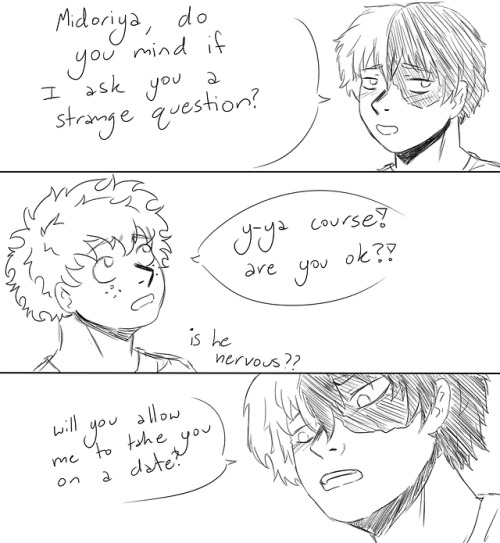
The problem is when you get to his book, he’s done all this despicable stuff on the page. If I’m going to establish him as a villain, he has to be villainous on the page. The trick when you’re writing a series like this is you don’t want to pull your punches in the early books. Ewan teed up as the villain of this story from the beginning of the series. How’s that going? And what is the key to redeeming characters you’ve written into pretty despicable corners?Īghhhhhhh. Redeeming Ewan is a tall order, and it’s a challenge you’ve tweeted about openly. And right now, it feels like women are doing it all the time. We’re all doing that work all the time in life. I feel like every heroine of mine has to do this public/private identity work. I’m particularly interested in identity for women and for heroines because I’m fascinated by the many faces women have to wear in the world. That seems to be the story I come back to over and over again as a writer, and I don’t know what that says about my own identity.

There’s nothing really new about that for me. But also, just like Never Judge a Lady, this book is very much about identity and who we are in the world versus who we are privately versus who we are with the people that we love versus who we allow ourselves to be in our most private moments. She’s been running the show from the beginning, and it’s been seeded over the course of the books that she’s always been the most powerful of the three of them. Aside from the obvious last book in the series about the woman who is part of the brotherhood, there is also this piece where Grace is kind of the queen.

Grace seems like a return to what you did with Never Judge a Lady By Her Cover, in that you have a businesswoman who we’ve only seen in brief, secret glimpses throughout the series.


 0 kommentar(er)
0 kommentar(er)
